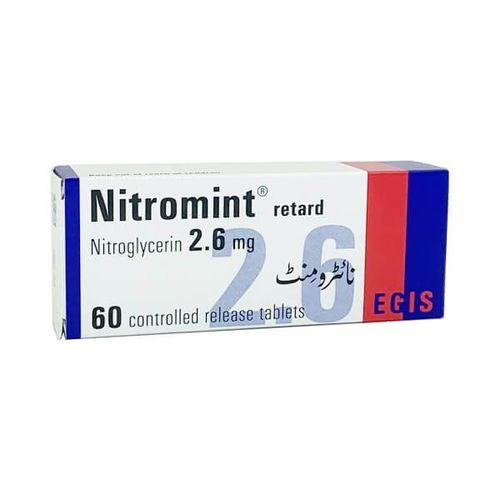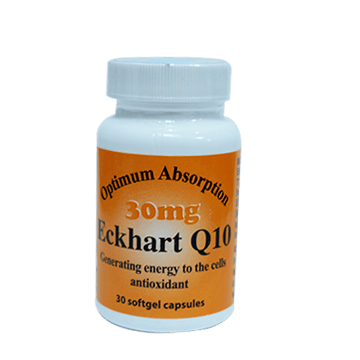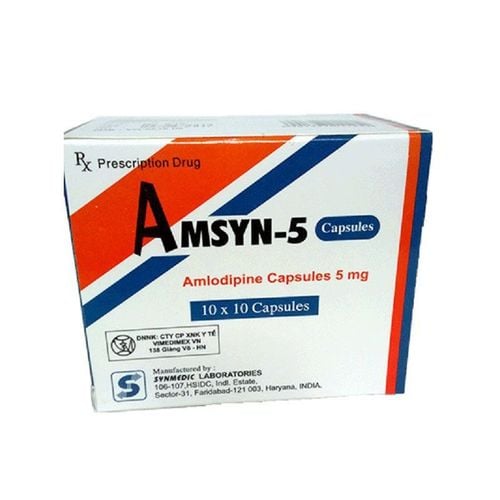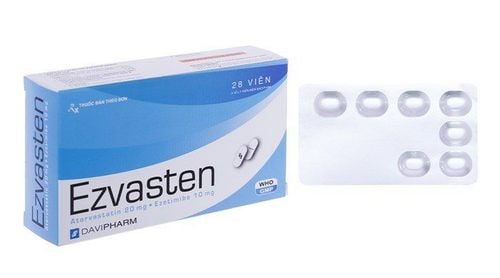This is an automatically translated article.
Coronary artery disease causes narrowing or blockage of coronary arteries, often due to atherosclerosis. Atherosclerosis is the accumulation of cholesterol and fats in the arteries. These plaques restrict blood flow to the heart muscle and lead to myocardial ischemia. So what to eat ischemic heart disease to limit the progression of the disease?
1. What is coronary artery disease?
Coronary artery disease is the most common type of heart disease in the United States. This disease is sometimes called coronary heart disease or ischemic heart disease.
Coronary artery disease occurs when the main blood vessels (coronary arteries) that supply blood, oxygen, and nutrients to the heart are damaged or diseased. Cholesterol plaques in the arteries and inflammation are often the cause of coronary artery disease.
When plaque builds up, it narrows the coronary arteries, reducing blood flow to the heart. Ultimately, decreased blood flow can cause chest pain, shortness of breath, or other signs and symptoms of coronary artery disease. A complete blockage can cause a heart attack.
Because coronary artery disease often develops over decades, people may not notice a problem until they have a major blockage or heart attack. There are many ways to help people prevent and treat coronary artery disease, including a healthy lifestyle and nutrition that can make a big impact in reducing the progression of the disease.
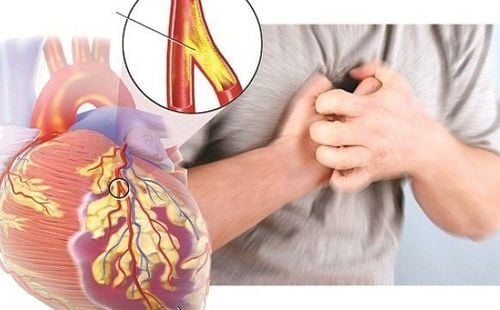
Bệnh động mạch vành có thể dẫn đến những cơn đau tim
2. Nutritional goals for ischemic heart disease
The role of diet in coronary heart disease is evident from its pathological process, including formation of atheroma, altered endothelial function, increased risk of thrombosis and inflammatory processes.
Diet plays a role through regulation of blood lipids and by influencing endothelial function and underlying inflammation in disease progression. Diets that improve heart health should begin as early as possible because atherosclerosis, which contributes to coronary artery disease, begins in childhood. Therefore, nutritional goals for patients with myocardial ischemia are as follows:
Control blood lipid levels. Saturated fats, trans fats, and dietary cholesterol raise blood lipid levels, especially LDL cholesterol, while soluble fiber tends to reduce these fats. Controlling lipoprotein blood levels in conjunction with diet, exercise, and medication is the cornerstone of treatment for most patients with ischemic heart disease. Hypotension . Hypertension is a major risk factor for myocardial ischemia. Dietary and lifestyle changes that also lower total and LDL cholesterol can significantly lower blood pressure and reduce the risk of heart complications. Control blood sugar. Diabetes is a major contributor to coronary heart disease, and therefore, ischemic heart disease is the leading cause of death in people with diabetes. Dietary interventions may increase insulin sensitivity in people with type 2 diabetes and improve glycemic control in people with type 1 or type 2 diabetes. endothelial function. Dietary antioxidants, folate, magnesium, and others in foods can reduce the burden of oxidized LDL and improve endothelial function through increasing nitric oxide levels. Reduce inflammation. The role of inflammatory processes in atherosclerosis is increasingly clear.

Chế độ dinh dưỡng giúp cải thiện sức khỏe tim mạch hiệu quả
3. Nutritional guidelines for patients with myocardial ischemia
To achieve the above goals, patients with myocardial ischemia need to follow the following diet:
Limit food products of animal origin. Dairy products, meat and eggs are the main sources of saturated fat and cholesterol. Following a diet low in saturated fat and cholesterol may help reduce the progression of atherosclerosis. The National Cholesterol Education Program (NCEP) recommends a moderate reduction in total fat (30% of calories), saturated fat (≤7% of energy) and cholesterol (< 200 mg/day). Increase fiber. Soluble fiber, found in oats, barley, and beans, has a great effect on protecting the heart. Fruits and vegetables are also good sources of soluble fiber and pectin, which reduces the progression of atherosclerosis. Use soybeans and other legumes. Both epidemiological and clinical studies have shown that soy products (eg, soy milk and meat substitutes) can reduce the risk of myocardial ischemia. In addition to lowering blood lipids, soybeans also have cardioprotective effects, such as reducing oxidized LDL and lowering blood pressure. Other legumes also lower total and LDL cholesterol in randomized controlled studies.
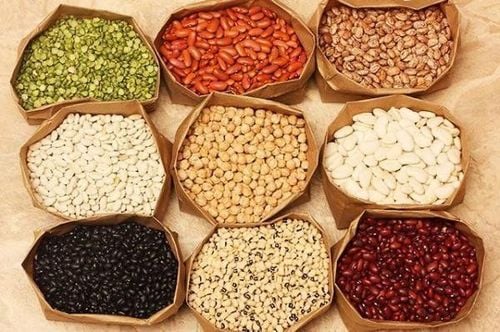
Các sản phẩm từ cây họ đậu đều giúp giảm cholesterol trong cơ thể
Please dial HOTLINE for more information or register for an appointment HERE. Download MyVinmec app to make appointments faster and to manage your bookings easily.
References: mayoclinic.org, nutritionguide.pcrm.org




